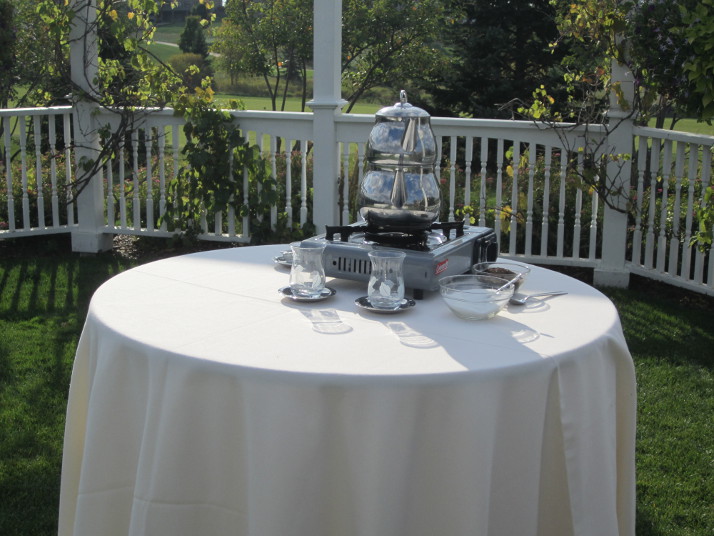Starting Your Ceremony on Time: Why and How
Starting your ceremony on time may seem like an impossible task, but with a little planning and assistance it can and should be done. Your wedding ceremony is usually the first event of your wedding day that everyone participates in – you as a couple, your wedding party and the family and friends you’ve invited to share your special day. That means there are many activities yet to come – social hour, toasts, dinner, cake cutting, the first dance, and more. If you begin your ceremony late it will throw the entire day off schedule which can result in uncomfortable guests, cold or overcooked food, and stress for you as you try to make up time.
So that’s the “why” behind the goal of starting your ceremony on time. Now, with so many moving parts, how do you achieve your goal? Following the suggestions below will help:
- Plan, plan, plan. Make sure you know how many hair and make-up stylists will be working with your wedding party. Ask your photographer how much time to allow for family pictures, wedding party pictures, first look pictures, etc. Ask your musicians and officiant how far they will arrive in advance of the ceremony time in order to be ready on time.
- Now take all the information you’ve gathered and make a schedule for your day – all the activities from when you wake up in the morning to the start of the processional. (Note: you might want your schedule to go through the evening, too, to keep things moving along.) Then add buffer to most or all of the tasks. For example, if you’re planning to spend 2 hours with your attendants getting hair and make-up done, plan for at least 2 1/2. If photographs are scheduled to end at 3pm, plan for them to end at 3:15 or even 3:30pm. If everything runs to the original plan, you’ve built yourself time to catch your breath, have a drink of water, or spend a few special minutes together and alone before the ceremony begins. These are all good things.
- Ask for assistance from family, friends and your wedding party to keep things moving. Impress on your attendants the need to stick to the schedule. If one of your attendants is known for being late, partner him with another attendant who can keep him on schedule. If you aren’t having ushers, ask a couple of friends or family members to act as ceremony hosts. They can direct guests to restrooms and the ceremony space, and most importantly, they can help encourage guests to take their seats starting 10 – 15 minutes before the ceremony is scheduled to begin. Your officiant should take care of gathering the wedding party and organizing them for the processional, and interface with your musicians so everything is ready to begin on time.
I love to begin ceremonies at the scheduled time, but remain flexible so the guest who arrives as we’re getting ready to walk has a moment to find a seat, or the flower girl who decides she needs a last restroom stop is accommodated. But starting your ceremony on time is a priority for me, and we are usually underway within a couple of minutes of the scheduled time. Starting your ceremony on time is respectful of your guests who may be sitting in the hot sun, or chilly wind. It is respectful to the vendors you’ve hired for the day. It is also a stress reliever for you as the day can unfold gracefully and without constant pressure to catch up. Make it a priority, and starting your ceremony on time CAN happen.

